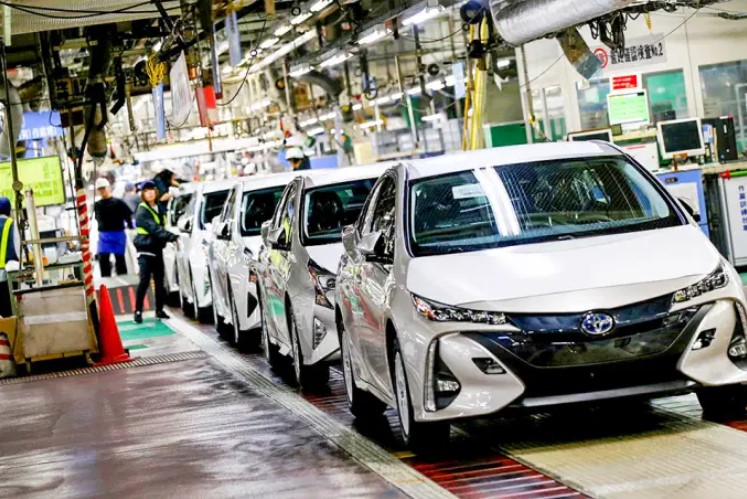The measure would come in the wake of Prime Minister Yoshihide Suga’s October promise to make Japan zero carbon emission by 2050

Japan may ban the sale of new gasoline powered vehicles in the mid 2030s to favor hybrid or electric vehicles, NHK public broadcaster reported Thursday, aligning with other countries and regions that are imposing restrictions on fossil fuel dependent vehicles.
The move would follow Prime Minister Yoshihide Suga’s October promise to make Japan zero carbon by 2050 and make Japan the second G7 nation in just over two weeks to set a deadline for phasing out gasoline vehicles.
The Japanese Ministry of Industry will outline a plan by the end of the year, government chief spokesman Katsunobu Kato said at a press conference on Thursday.
The likelihood of state intervention to reduce carbon emissions is fostering a technological race among automakers to build electric and hybrid cars powered by gasoline and electricity to attract drivers as they shift their models to gasoline, particularly in the world’s two largest automobile markets, China and the United States.
The measures already in place in Japan allow local automakers – especially large ones like Toyota Motor Corp, which have more resources for research and development – to use electric car technology they have already developed at home.
Last month, Nissan Motor Co’s chief operating officer Ashwani Gupta told Reuters that his company is willing to react to the UK’s decision to accelerate a phased replacement date for new cars and vans to gasoline and diesel in five years, or to 2030, so be part of a global trend.